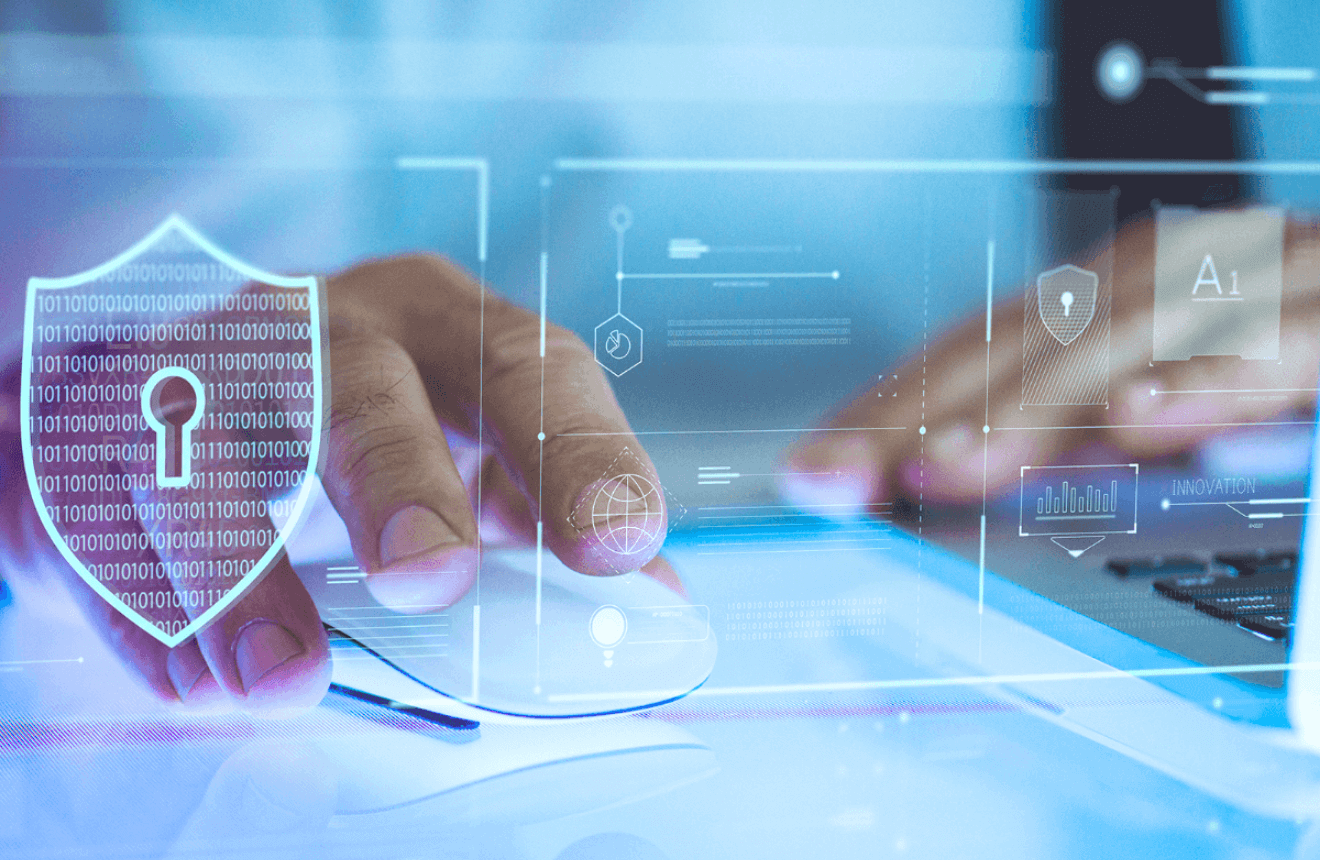Maintaining control of your data is one of the most crucial aspects of running an organisation.
The GDPR states it is the law for companies to hold any personal data they process with integrity and confidentiality. However, data governance is also important for practical reasons. It can help your company stay ahead of the competition, increase customer trust and improve internal administrative processes.
As cyber attacks grow increasingly sophisticated, you need to put more effort into security measures. Integrity and confidentiality are an investment that must be given adequate time and resources.
To protect your data, you need to have a clear understanding of the role it should play within the organisation. Every member of the Board should feel comfortable with the data governance and cyber security policies of the organisation, even if they do not know every technical details. So what is the difference between these two terms?
What is the Difference Between Data Governance and Cyber Security?
Data governance is the system an organisation develops to handle data. This includes personal data (such as client, patient and employee data) and corporate data (such as records, audits and financial results). It forms a key part of information governance and is about ensuring adequate measures are in place to deal with any data.
Cyber security is about the techniques used to protect this data. For example, a high level of encryption is an essential for good cyber security. However, it can also involve practical measures like keeping a good password or avoiding phishing attacks.
The key difference between data governance and cyber security is that data governance is about having good processes. Across the organisation, it involves asking questions about the protection of the data.
It is not just about having a high level of protection, but ensuring the right data is protected, to the right level, at the right times. A company may spend their whole budget on high-tech infrastructure, but if it is focused on protecting the wrong data, then it is useless.
Certain types of data, such as special category data, require a higher level of protection. Data governance concerns ensuring that factors like this are taken into account.
Accountability is also essential for data governance. According to the UK GDPR, all companies handling personal data should have a Data Protection Officer (DPO) who is fully versed in the principles of the act. This person should oversee the company’s strategy and make sure it is fully compliant.
If anything goes wrong, data governance involves having appropriate measures in place to react effectively. While cyber security is crucial in the moment, strong data governance is important before, during and after an attack.
How Can You Improve Your Data Security?
When it comes to personal data, there’s no such thing as too much security. Make sure you have strong safeguards in place before you even start collecting data. This is especially the case if you’re handling special category data but is good practice for any set of data.
The digital age offers new opportunities to protect your data so make sure to take advantage of them. Ensure you have features like multi-factor authentication, 24/7 intrusion detection and granular access controls.
Other steps you should take to improve your security include:
- Maintaining secure passwords
- Ensuring adequate encryption
- Implementing regular back-ups
- Keeping software up-to-date
- Working with trusted data processors
- Wiping vulnerable hardware
- Creating a secure audit trail
Any data processors you use should be fully GDPR-compliant. Not all security is equal! The highest level of encryption is 256-bit standard so you should look out for this when using any software. Also check for validation such as ISO 27001 for the software and CMMI-level 5 accreditation for the company.
Data governance and cyber security are both essential to the future of your organisation. They work together to ensure that any data your hold is processed lawfully so you don’t have to worry about avoidable data breaches.
How Does Convene Enhance Your Data Governance and Cyber Security?
Convene is an award-winning Board Portal, designed to the highest level of security. Unlike other apps, the comprehensive software is purpose-built for storing confidential documents.
From drafting the meeting minutes to creating a secure audit trail, we can improve your security at every step of the process. We have numerous clients in different sectors who rely on us to provide this level of protection.
If you want to learn more about how Convene can support your data governance, contact us today to book a free trial.

